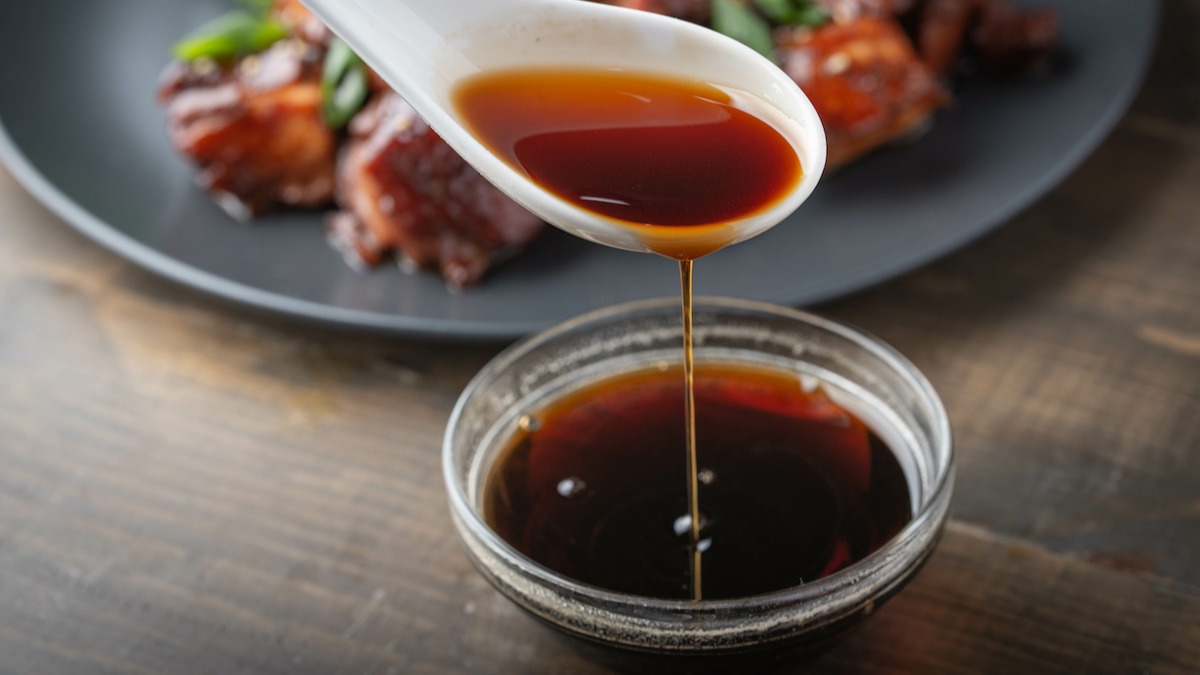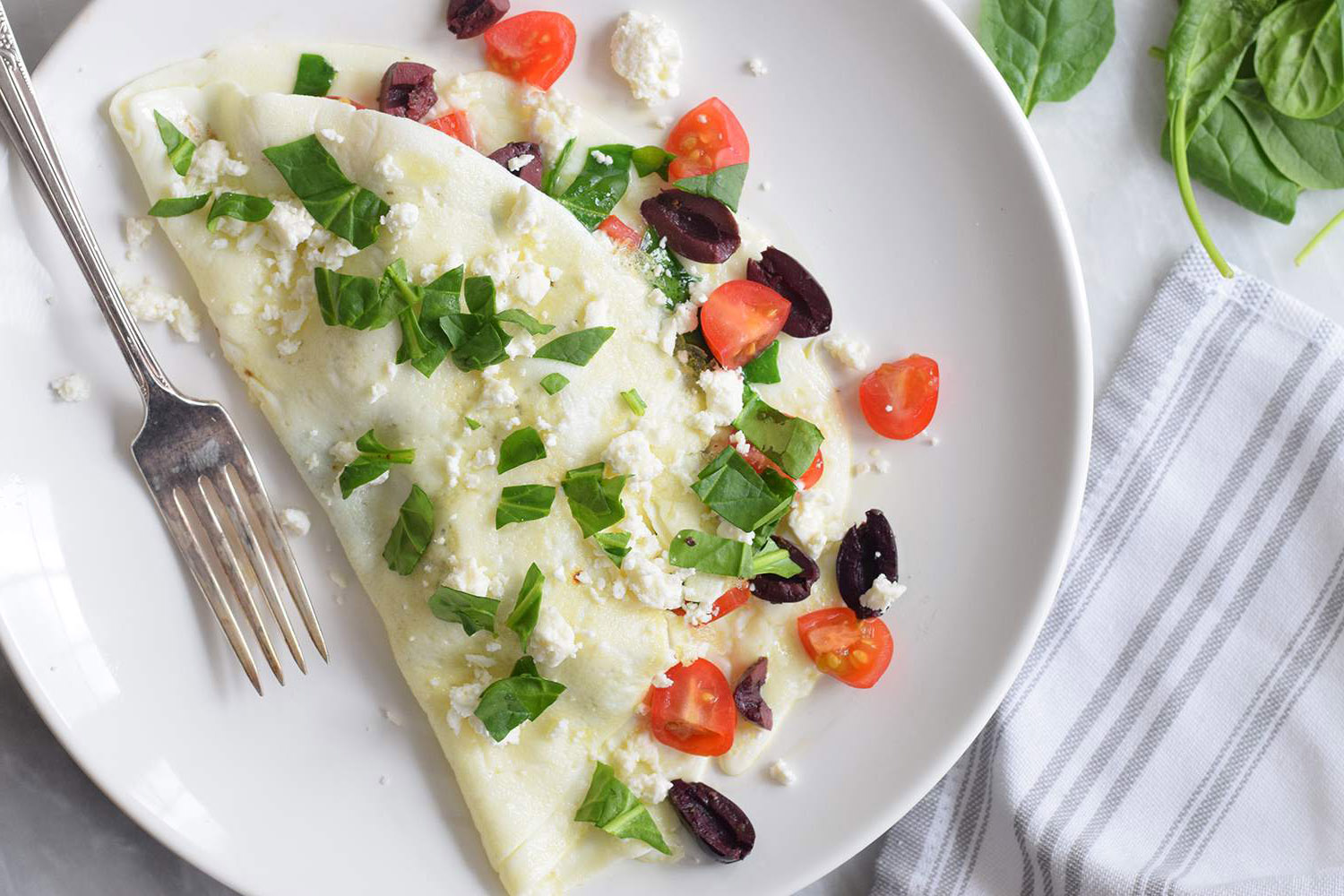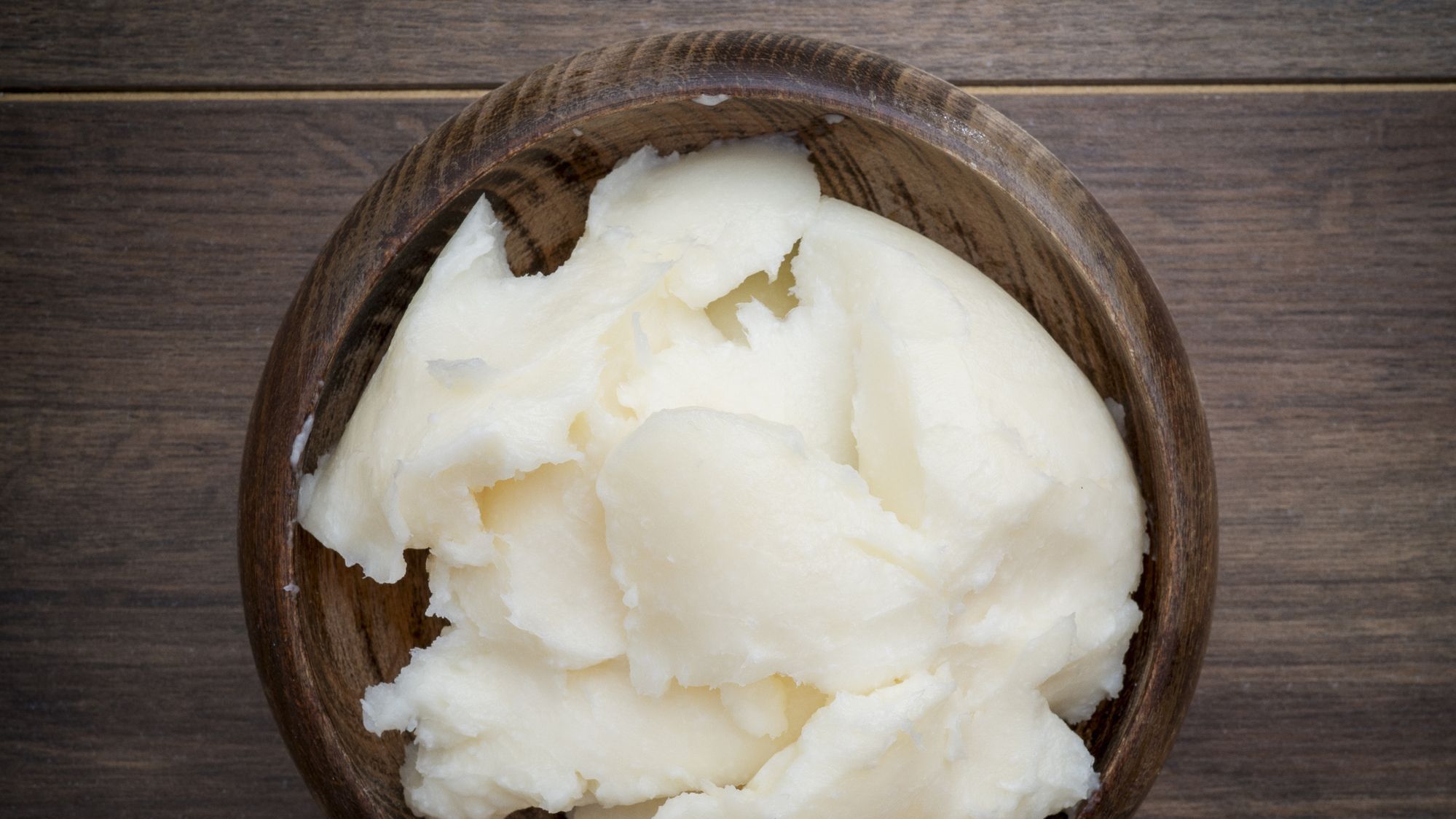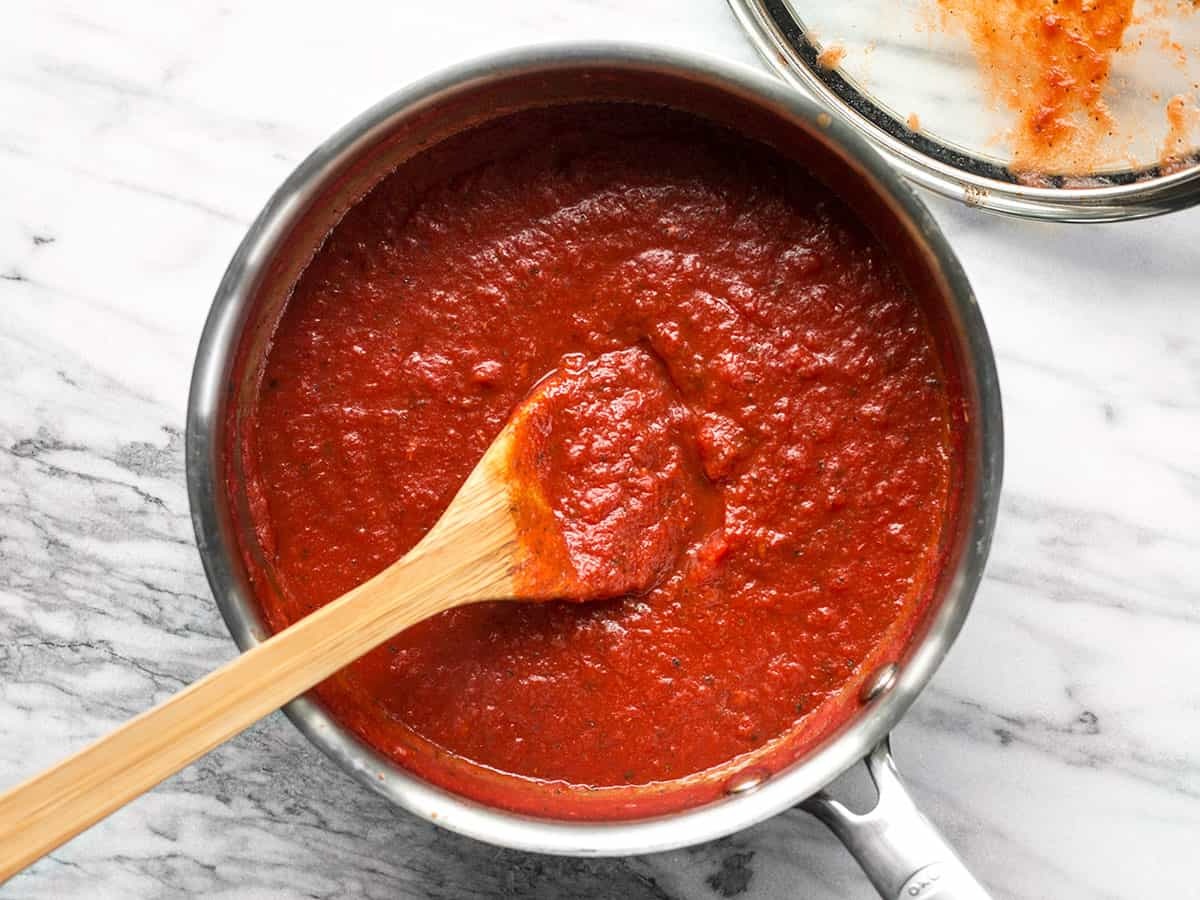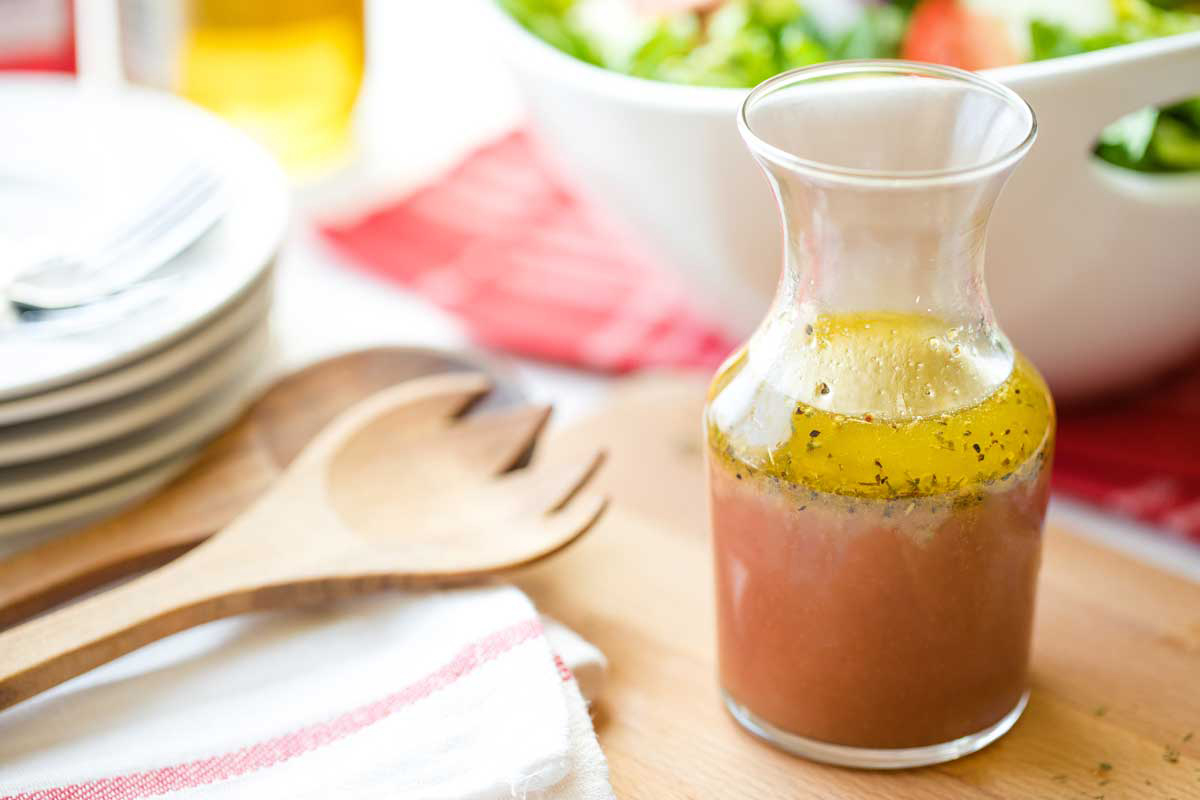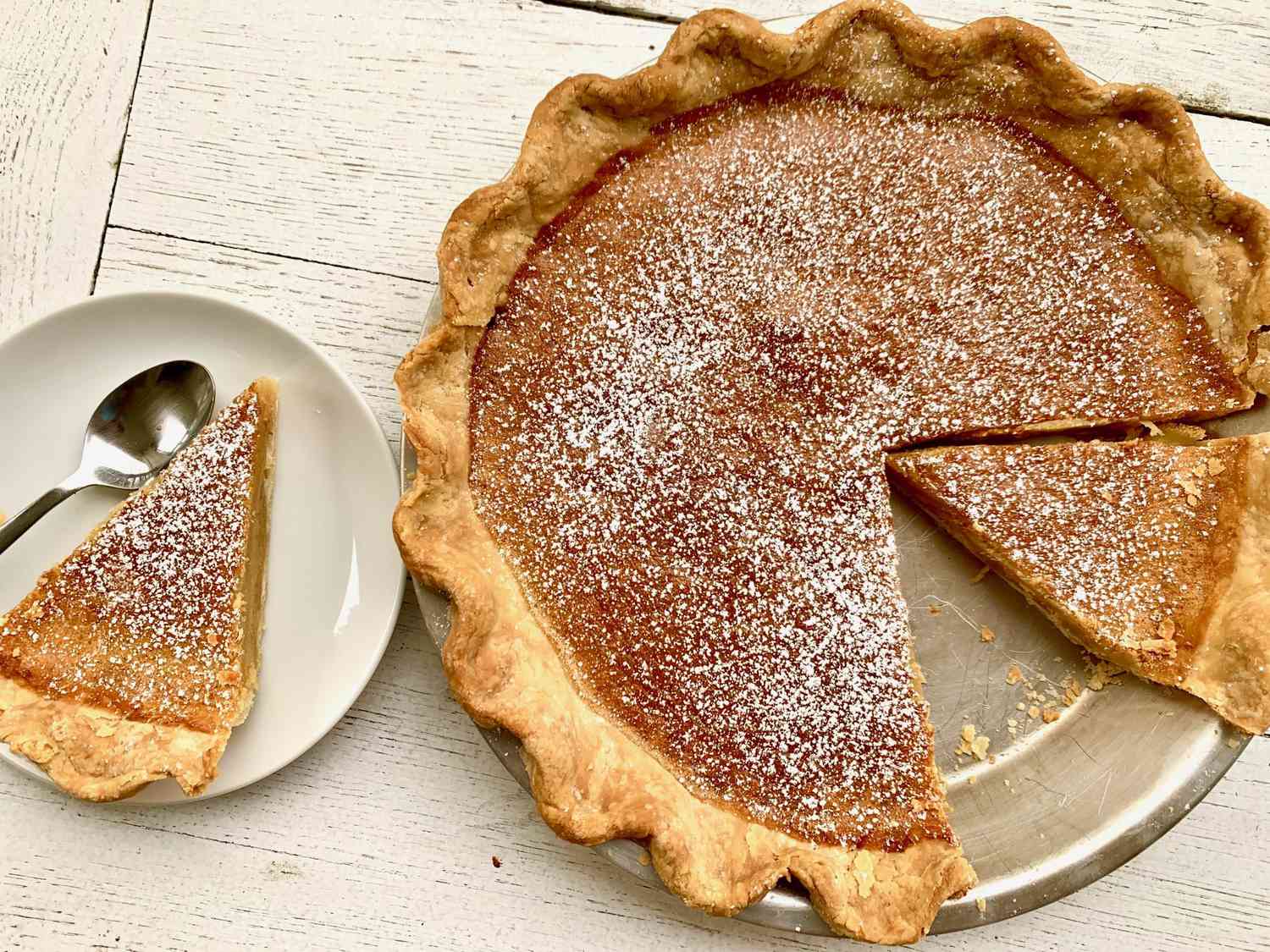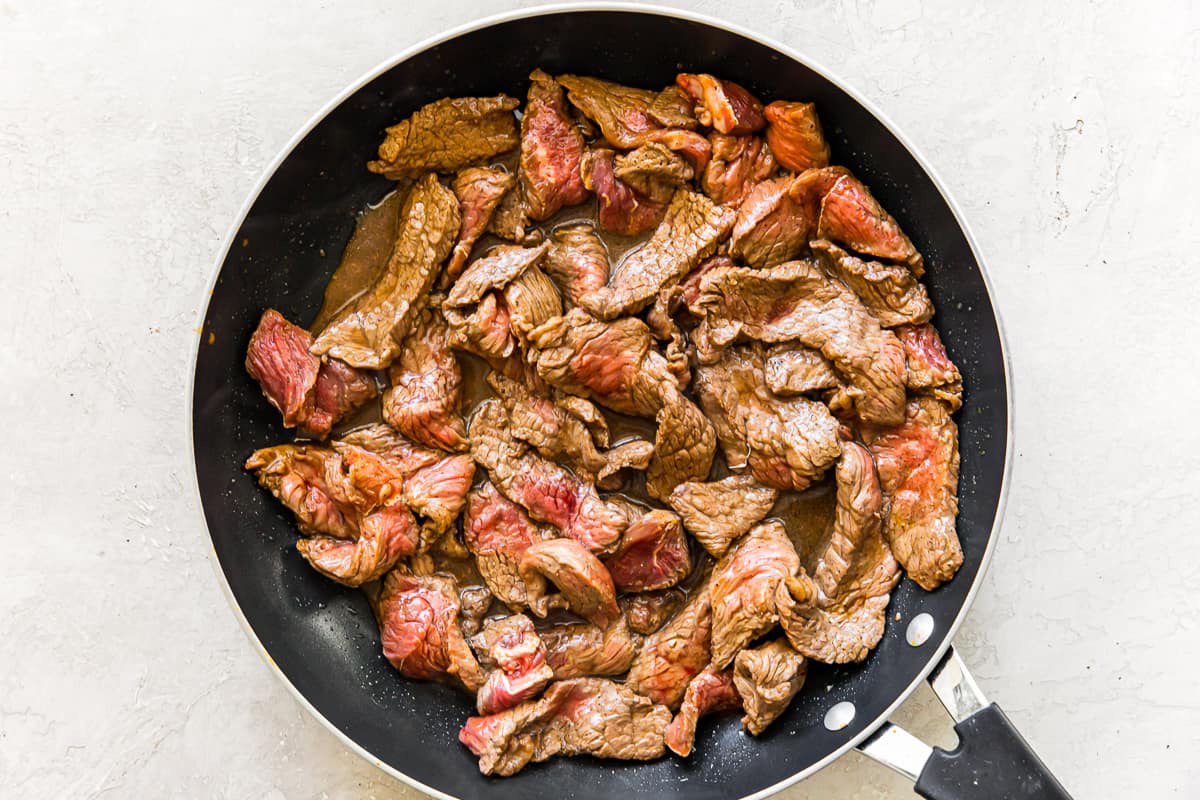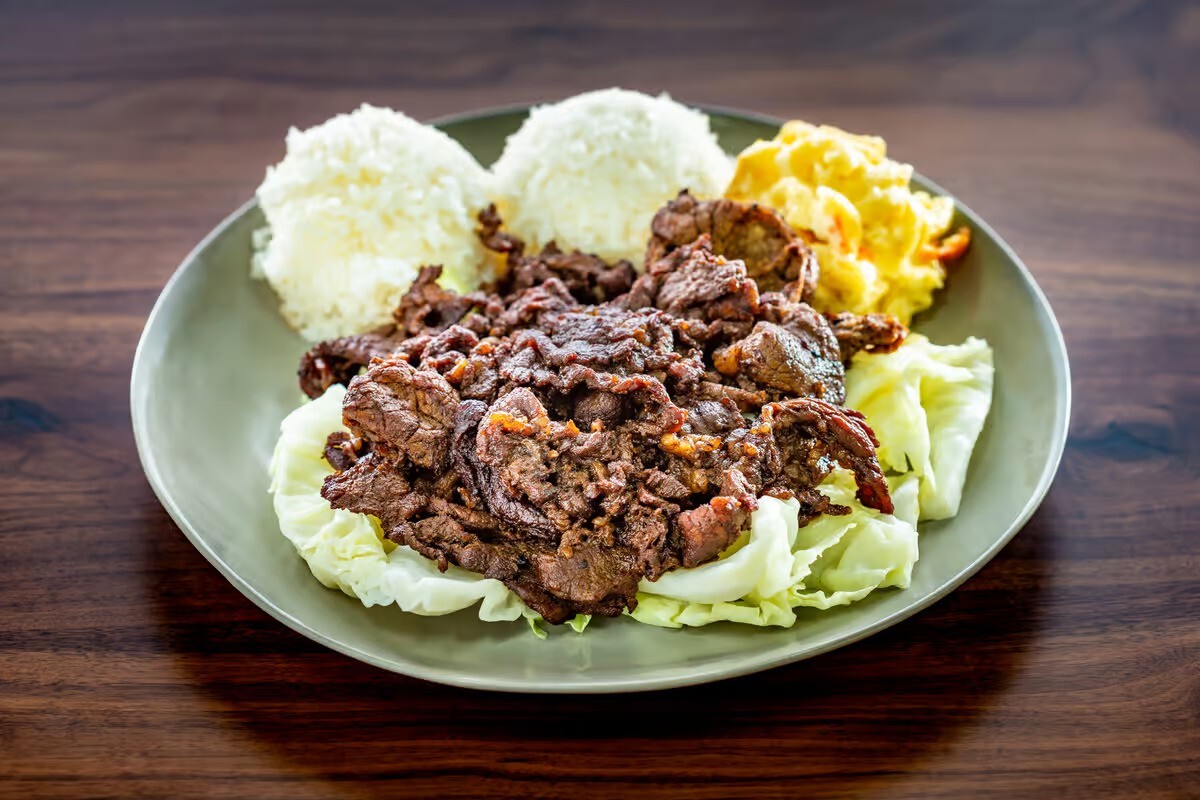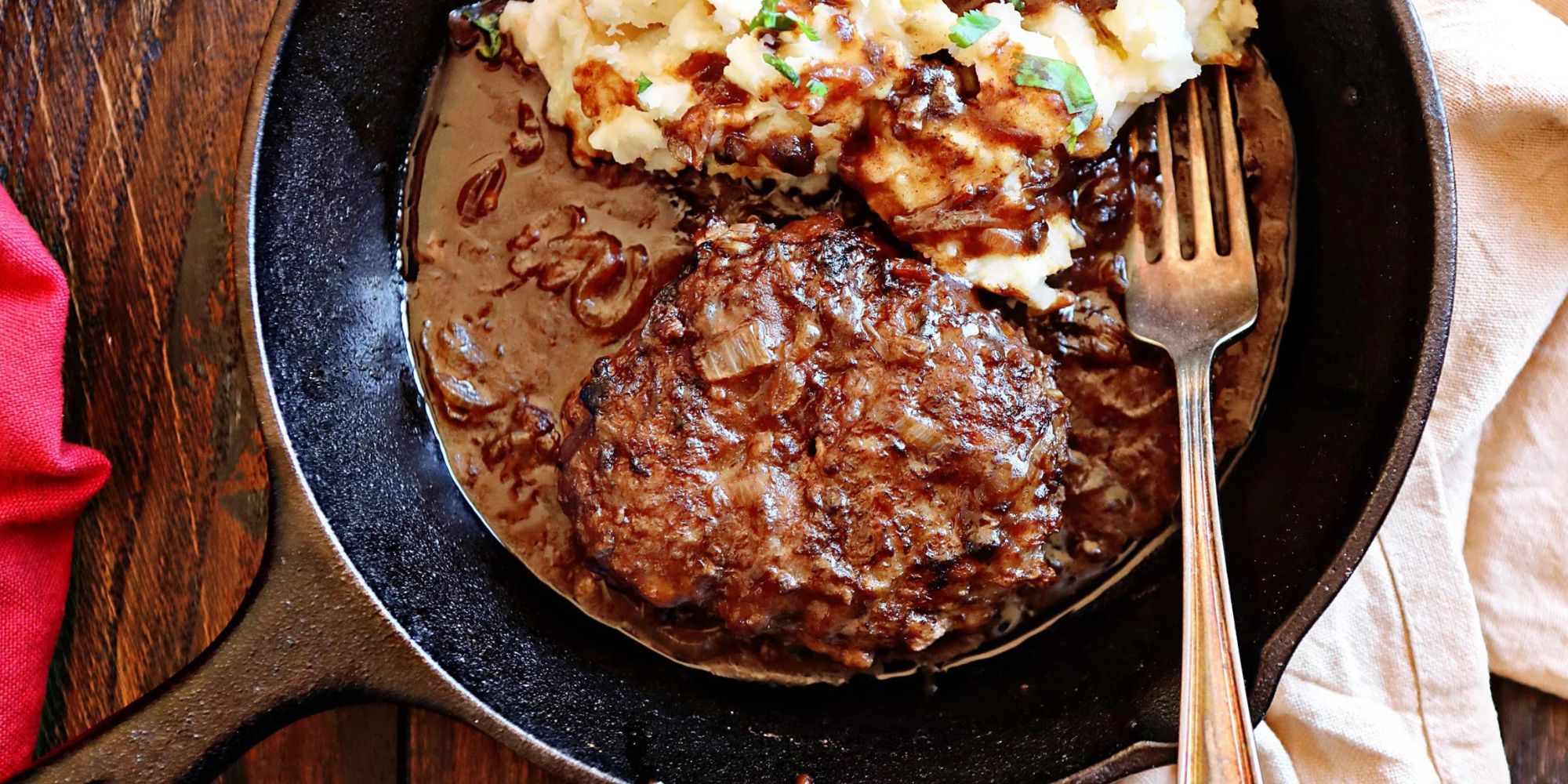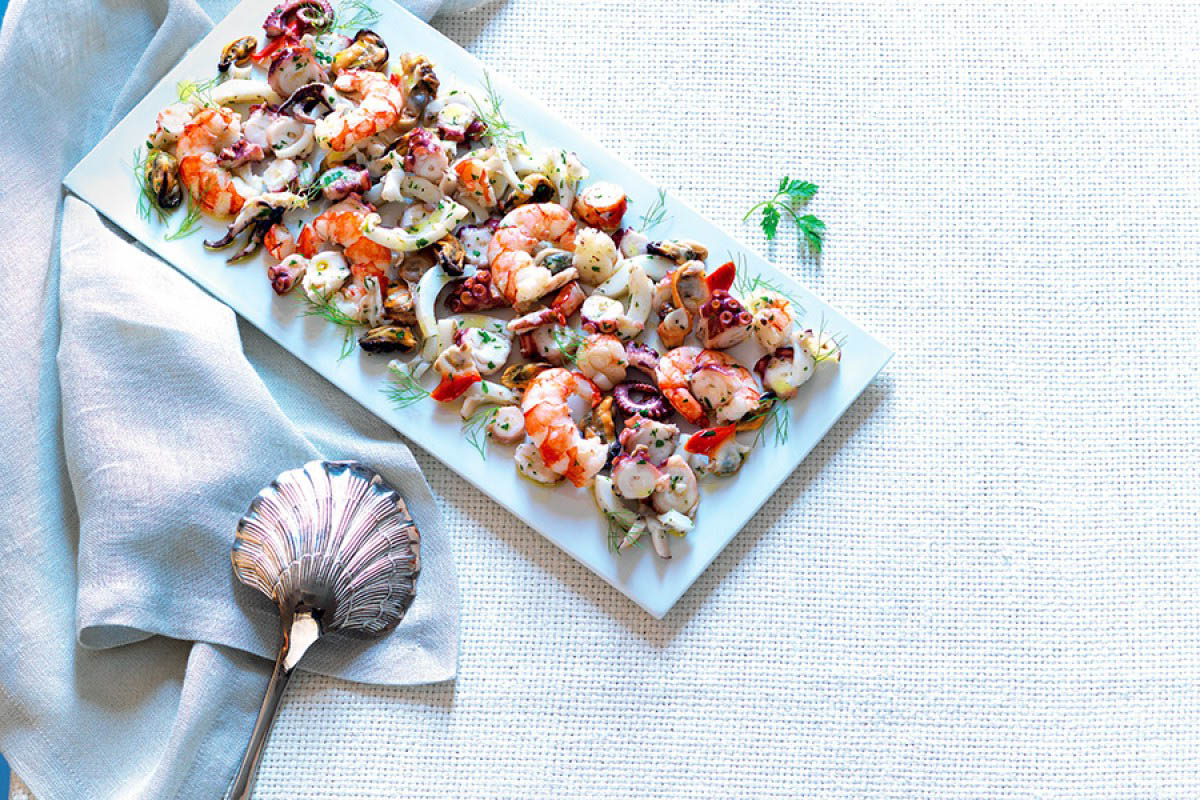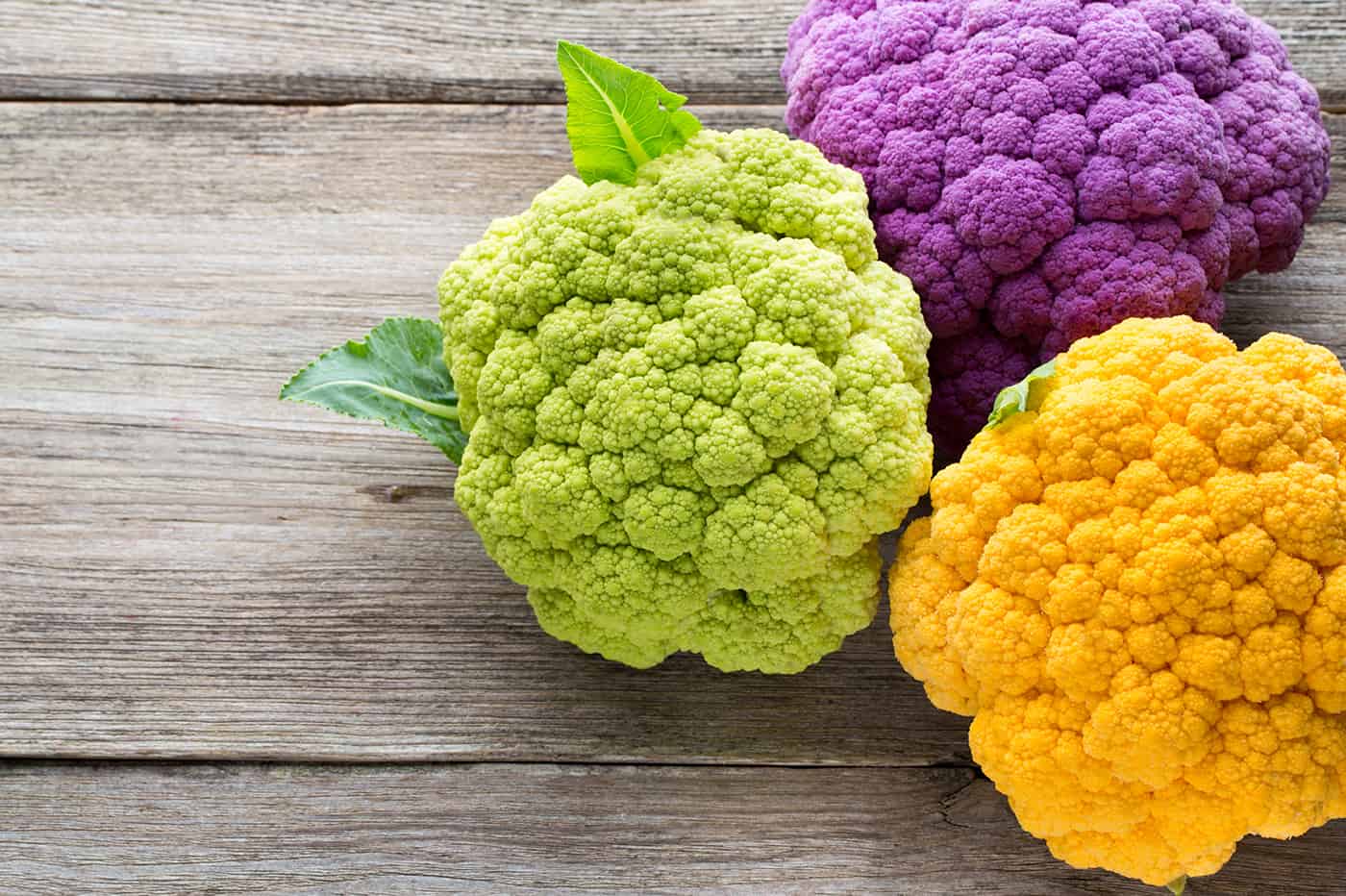Exploring Butter Substitutes
Butter is a staple ingredient in many recipes, adding richness and flavor to dishes such as baked goods, sauces, and sautéed vegetables. However, for individuals who are looking to reduce their intake of saturated fats or are following a plant-based diet, finding a suitable butter substitute is essential. Fortunately, there are several options available that can mimic the texture and flavor of butter while offering different nutritional profiles.
Types of Butter Substitutes
When it comes to replacing butter in recipes, there are various alternatives to consider. Here are some popular butter substitutes to explore:
- Margarine: Margarine is a common substitute for butter in baking and cooking. It is made from vegetable oils and often contains added emulsifiers and flavorings to mimic the taste and texture of butter. When selecting margarine, opt for varieties that are trans-fat-free and have minimal additives.
- Coconut Oil: Coconut oil is a plant-based fat that can be used as a substitute for butter in many recipes. It adds a subtle coconut flavor and works well in both sweet and savory dishes. Keep in mind that coconut oil is solid at room temperature, similar to butter, making it a suitable option for baking.
- Avocado: Mashed avocado can be used as a butter substitute in recipes that call for a creamy texture, such as in spreads and dips. Avocado is rich in healthy fats and offers a unique flavor profile that pairs well with a variety of dishes.
- Applesauce: In baking, unsweetened applesauce can replace butter to reduce the fat content of the recipe. It adds moisture and sweetness, making it a suitable option for cakes, muffins, and quick breads.
- Greek Yogurt: For recipes that call for butter in batters or doughs, Greek yogurt can be used as a lower-fat alternative. It adds moisture and a tangy flavor while contributing protein to the dish.
Considerations When Using Butter Substitutes
When incorporating butter substitutes into recipes, it’s important to consider the following factors:
- Flavor: Each substitute offers a unique flavor profile, so consider how it will complement the other ingredients in the recipe.
- Texture: Some substitutes may alter the texture of the final dish, so adjustments to the recipe may be necessary.
- Smoke Point: When using substitutes for cooking or baking at high temperatures, consider the smoke point of the chosen ingredient to prevent burning or off-flavors.
- Nutritional Profile: Different substitutes offer varying nutritional benefits, so consider how they contribute to the overall healthfulness of the dish.
Experimenting with Butter Substitutes
Ultimately, the best way to find the ideal butter substitute for a recipe is through experimentation. By trying different options and considering the specific qualities of each substitute, it’s possible to discover alternatives that not only mimic the properties of butter but also enhance the flavor and nutrition of the dish.
Whether it’s for health reasons, dietary preferences, or simply to explore new flavors, incorporating butter substitutes into cooking and baking can open up a world of culinary possibilities.
Next time you’re in the kitchen, consider reaching for a butter substitute and see how it can elevate your favorite recipes.
Was this page helpful?
Read Next: What Is Albondigas Soup
